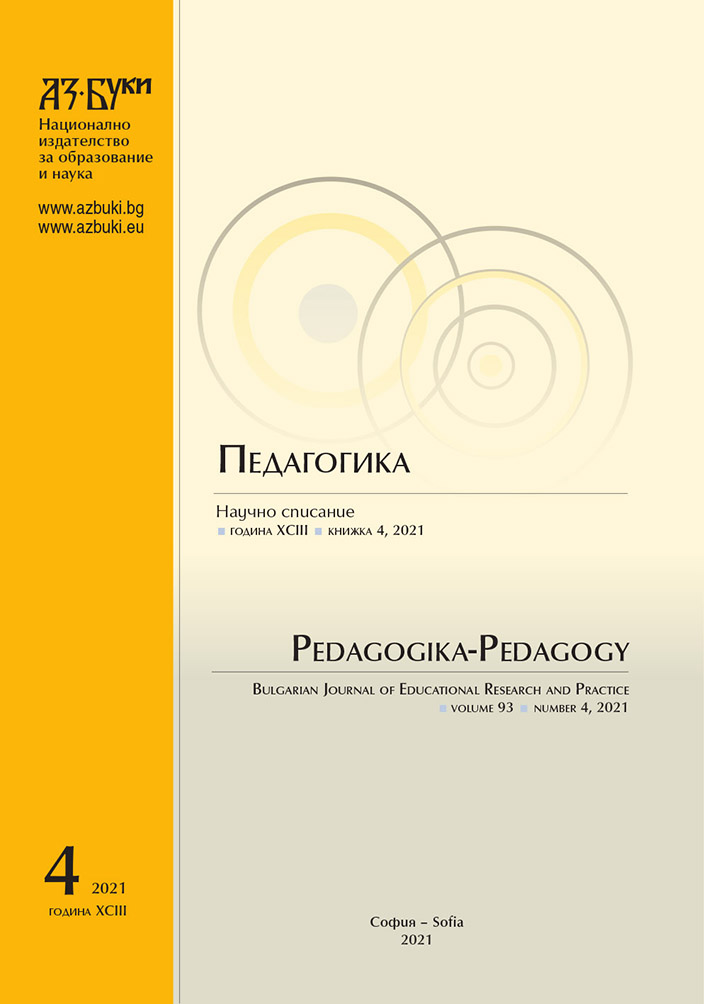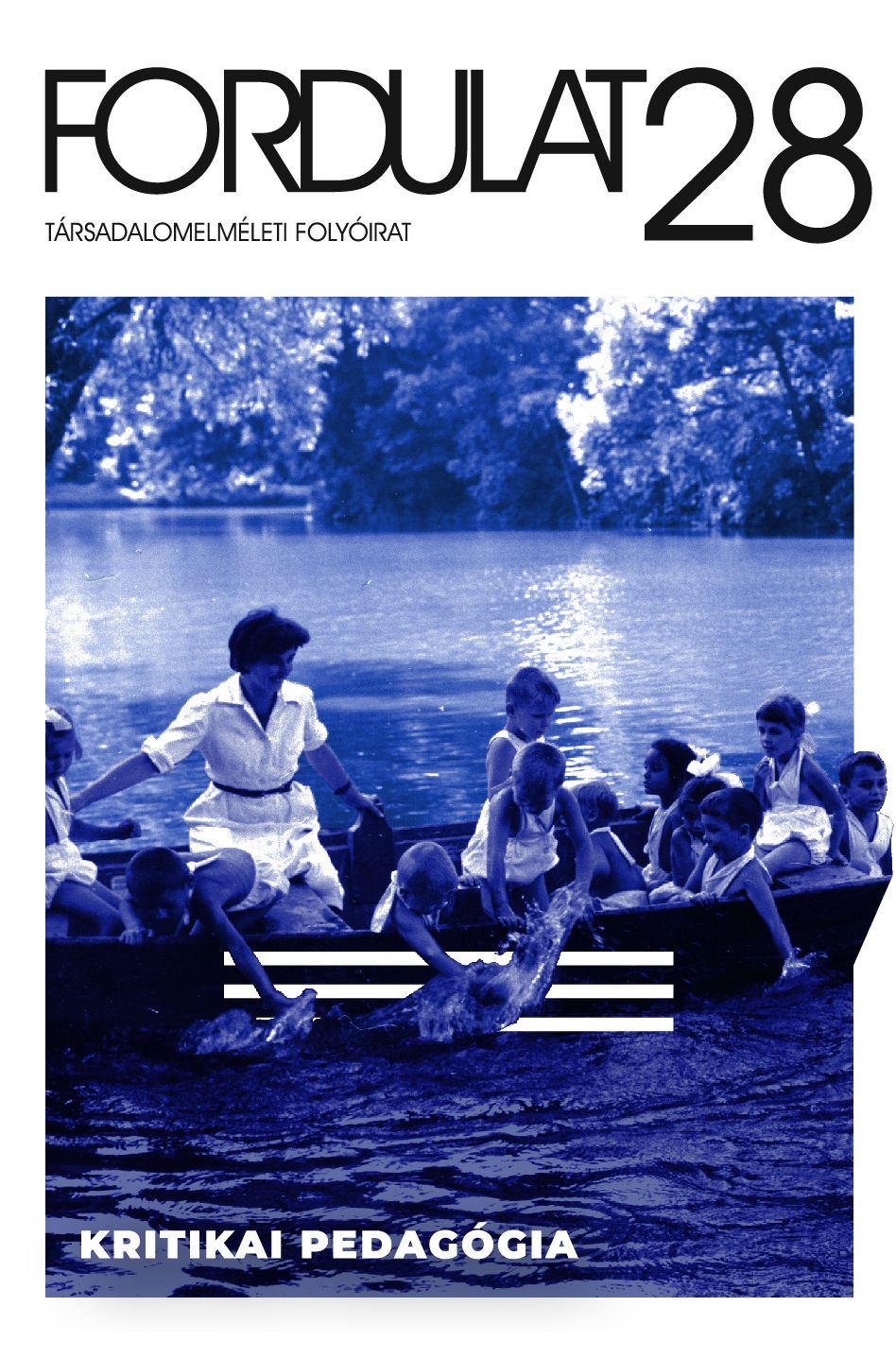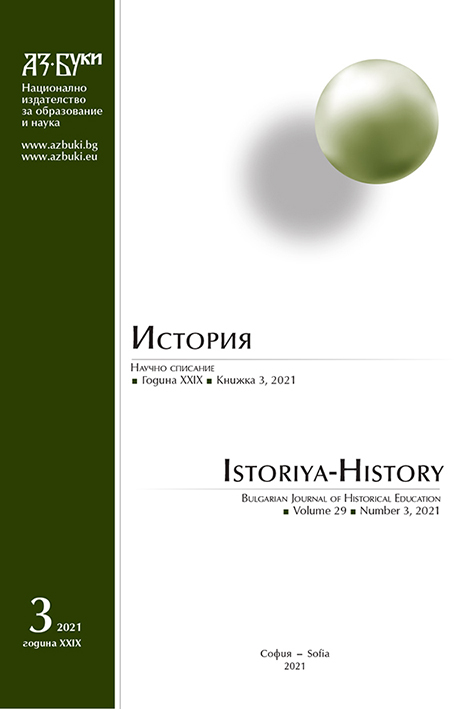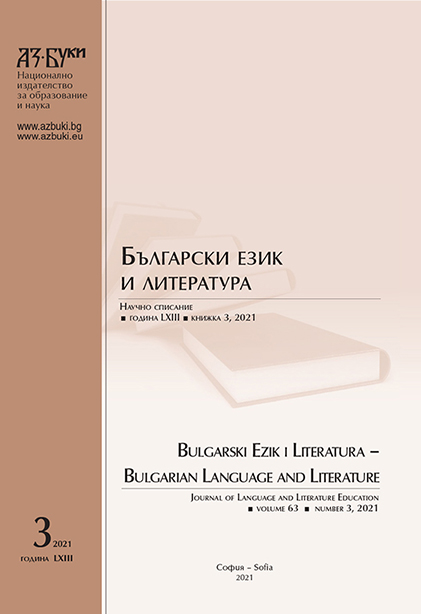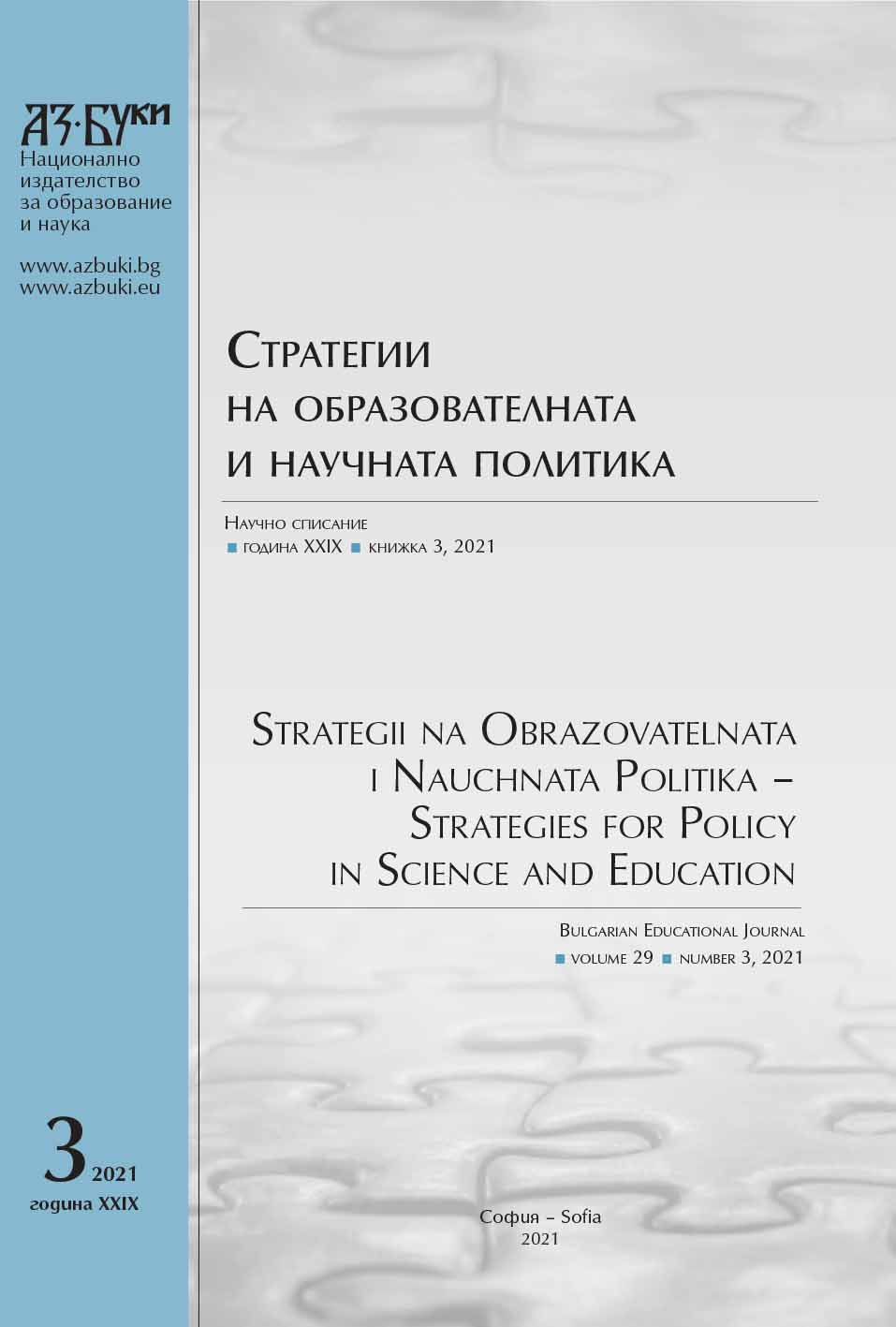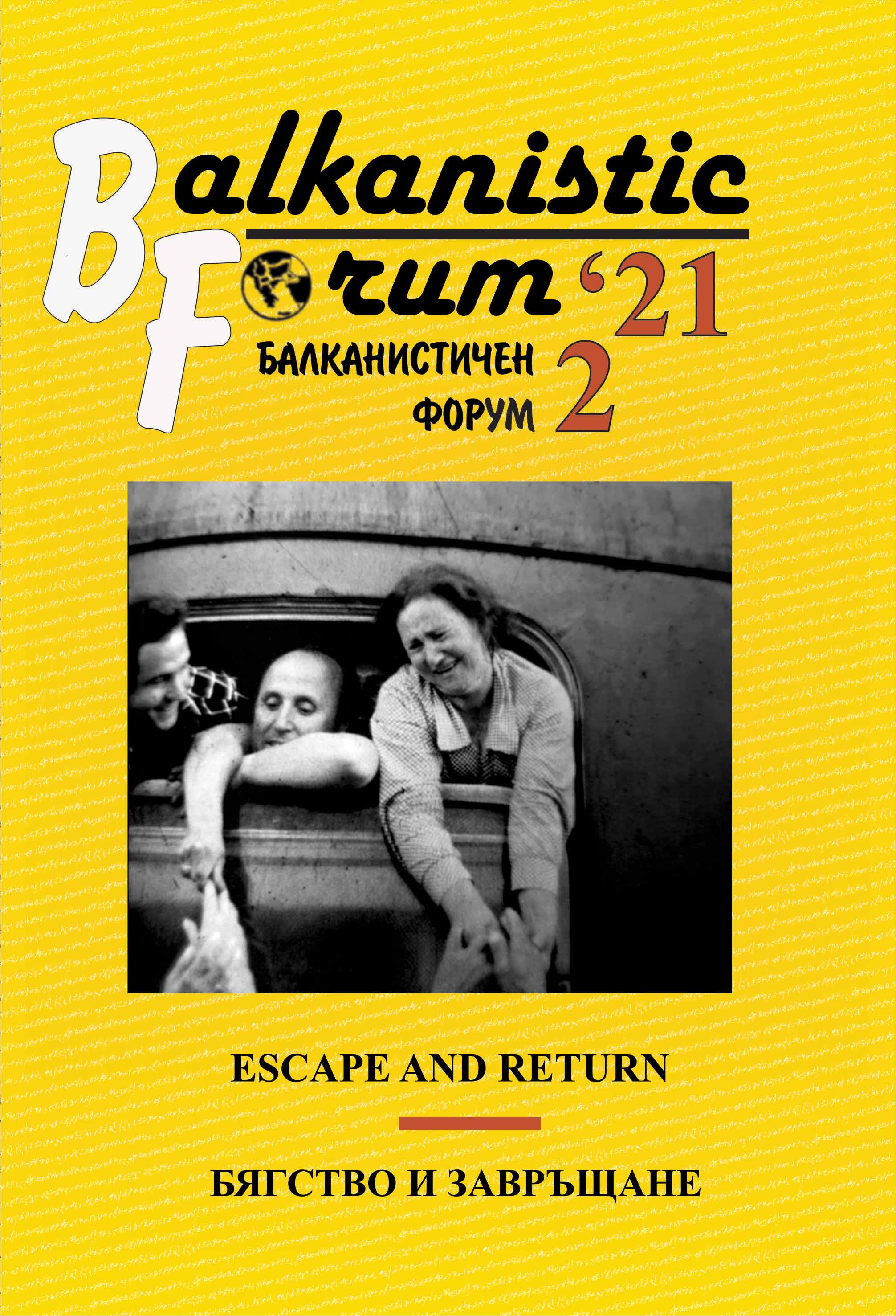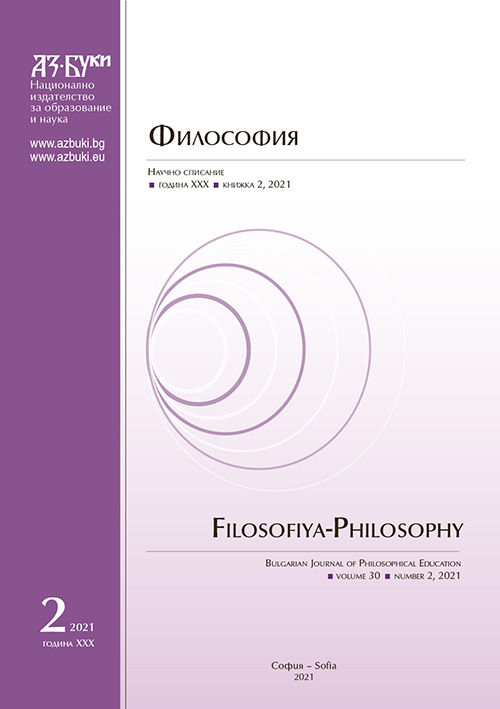Author(s): Anna Volodymyrivna Hedo,Olha Valeriyivna Kryhina / Language(s): English
Issue: 3/2021
Based on a comprehensive analysis of the materials of the State Archives of Odessa Region, periodicals, charters of Bulgarian charitable societies, reports of the Bulgarian Board of Trustees in Odessa, and scientific literature, the article comprehensively reflects the charitable activities of Bulgarians in the South of Ukraine in the mid-nineteenth – early twentieth century. The main attention in the research is paid to the creation and activity of the “Bulgarian Board of Trustees in Odessa”. Based on the information of the charter, the society’s reports and archival materials, the participation, status and nationality of the society’s benefactors, the directions of its activities, revenues and expenditures have been reproduced. The activities of the society were aimed at supporting Bulgarian Orthodox churches, providing scholarships to Bulgarian pupils, purchase and sending of church and secular literature to Bulgaria, translation and publication of books in Bulgarian. In the second half of the 1870s, the Board of Trustees allocated significant funds for the uniforms of Bulgarian volunteers, the formation of a militia of Bulgarians fleeing to Odessa after the Serbian-Turkish War and their military training in army regiments, the purchase of weapons, and assistance to soldiers. It is noted that the Board of Trustees became an important center of patronage and education and maintained ties with other charitable societies in the South of Ukraine, as well as with all-Russian and Bulgarian societies. Bulgaria’s position in the First World War led to the liquidation of all Bulgarian charitable societies in southern Ukraine by the imperial government. It is noted that Bulgarians were not co-opted into the society of Southern Ukraine and focused most of their efforts on helping Balkan compatriots, training teachers for Bulgarian schools, and not on the development of Bulgarian education in the South of Ukraine.
More...
